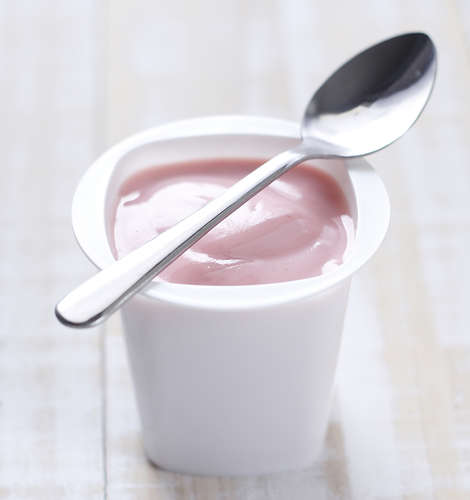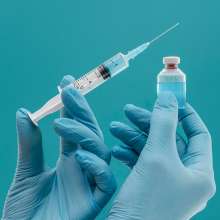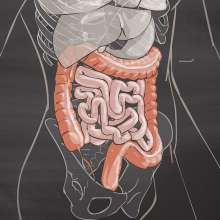A recent study shows that gut flora imbalance before spinal cord injury impairs functional recovery and aggravates neuropathology. On the other hand, feeding mice probiotics after a spinal cord injury confers neuroprotection and improves functional recovery.
Data from this study reveal a previously unknown role for the gut microbiota in influencing recovery of neurological functions and neuropathology after spinal cord injury.
Findings of this study, conducted by researchers at the Ohio State University Wexner Medical Center, are published in the Journal of Experimental Medicine.
How and why
The trillions of microbes in our gut are crucial regulators of development and physiology. Disruption of this gut microbiome, a process known as dysbiosis, causes or aggravates various diseases.
Dysbiosis develops when the composition of the gut microbiota is changed in such a way that beneficial gut bacteria are depleted or overwhelmed by harmful bacteria.
Data in this study show that spinal cord injury causes dramatic shifts in the types of bacteria normally found in the gut, increases gut permeability and bacterial translocation – with bacteria migrated through leaky gut wall into blood and other body sites.
These changes are associated with immune cell activation in gut-associated lymphoid tissues (GALTs), and significant changes in the composition of both major and minor gut bacterial taxa (biological groups).
Gut microbiota dysbiosis after spinal cord surgery persist for at least one month and predict the magnitude of locomotor impairments.
In this study, experimental induction of gut dysbiosis in mice before spinal cord injury (e.g. by oral administration of broad-spectrum antibiotics) has exacerbated neurological impairment and spinal cord pathology after the injury.
This has important implications for patients with spinal cord injury because other diseases or psychological complications may develop after injury and require treatments that predispose them to gut dysbiosis.
For example, antibiotics used often to treat pneumonia (gentamycin), wound infections (streptomycin) or cystitis (ciprofloxacin) may induce dysbiosis in patients.
Conversely, this study shows that feeding mice with commercially available probiotics (VSL#3) after spinal cord injury protect the microbiome, triggers a protective immune response in GALTs, confer neuroprotection, and improve neurological locomotor recovery.
This study may help shape future research programs to focus on understanding the importance of the gut-immune-central nervous system-axis in recovery from spinal cord injury.





